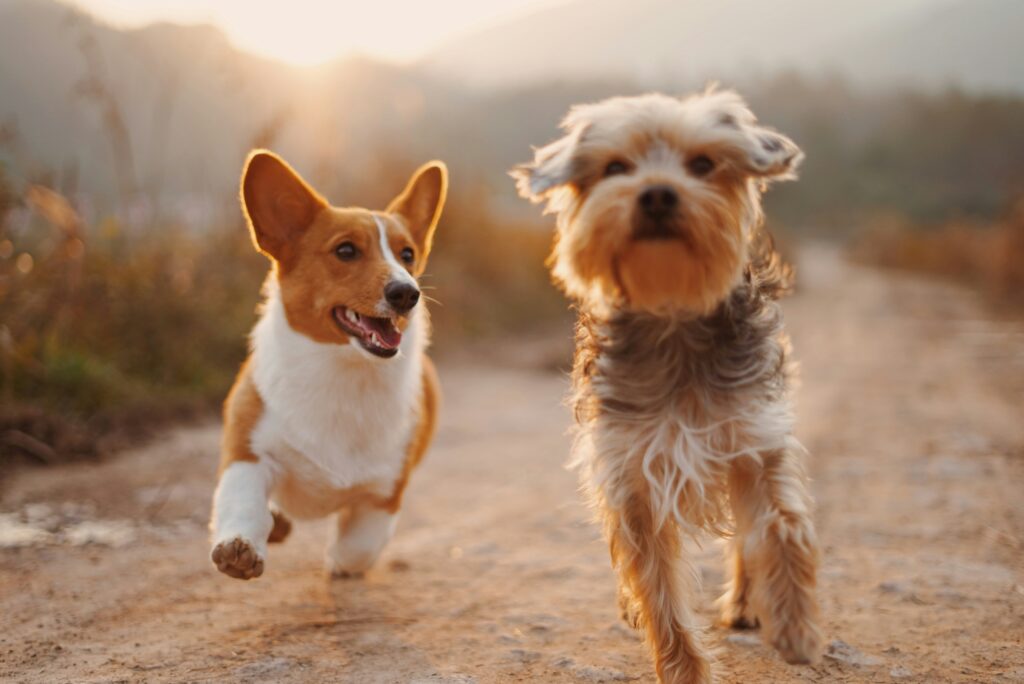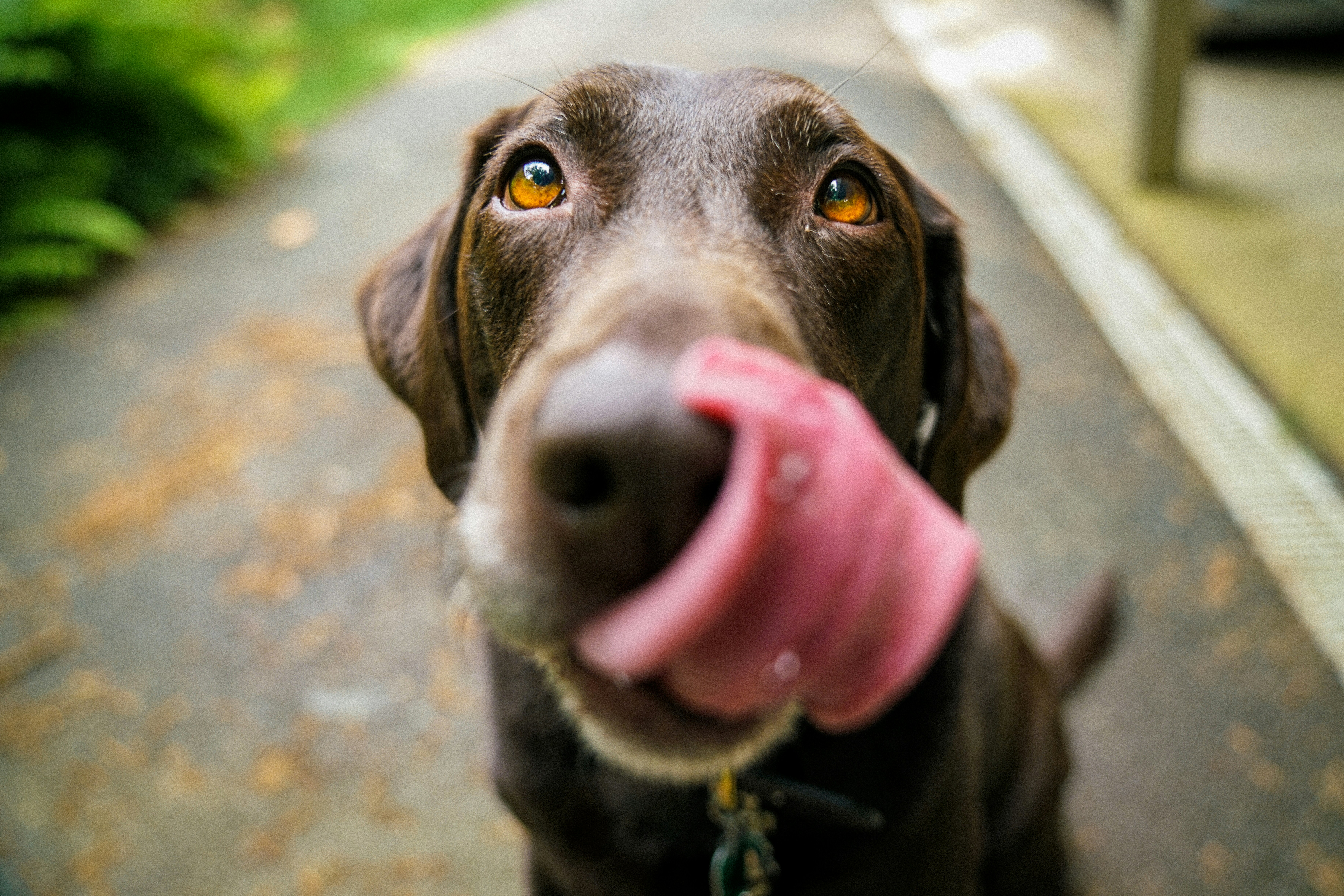Separation anxiety is a common issue among dogs, causing significant distress when they are left alone. It can lead to destructive behaviors, excessive barking, and other signs of stress. Understanding and addressing separation anxiety is crucial for the well-being of your furry friend. In this blog, we’ll explore the causes of separation anxiety in dogs and provide effective strategies to help them feel more comfortable when you’re away.

Understanding Separation Anxiety:
Separation anxiety occurs when a dog becomes overly attached to their owner and panics when left alone. This anxiety can manifest in various ways, including:
- Excessive barking or howling
- Destructive behavior, such as chewing furniture or digging
- Pacing or restlessness
- Accidents in the house, even if the dog is house-trained
- Attempting to escape from confined areas

Causes of Separation Anxiety:
Several factors can contribute to separation anxiety in dogs, including:
- Changes in Routine: Sudden changes in the household routine, such as a new work schedule or moving to a new home, can trigger anxiety.
- Loss of a Family Member: The loss of a family member or another pet can cause a dog to feel insecure and anxious.
- Lack of Socialization: Dogs that haven’t been properly socialized or are left alone for extended periods may develop separation anxiety.
Effective Strategies to Manage Separation Anxiety:
- Gradual Desensitization:
- Short Departures: Start by leaving your dog alone for short periods, gradually increasing the duration over time. This helps them get used to being alone without feeling abandoned.
- Practice Departures: Perform your usual leaving routine (putting on shoes, grabbing keys) without actually leaving. This can help reduce the association between these actions and your departure.
- Create a Safe Space:
- Comfortable Environment: Provide a comfortable, quiet space for your dog to relax while you’re away. This can be a crate, a specific room, or a cozy corner with their favorite bedding and toys.
- Soothing Items: Leave items that carry your scent, such as an old t-shirt, to provide comfort.
- Mental and Physical Stimulation:
- Exercise: Ensure your dog gets plenty of physical exercise before you leave. A tired dog is more likely to rest and relax.
- Interactive Toys: Provide puzzle toys or treat-dispensing toys to keep your dog mentally stimulated and distracted during your absence.
- Positive Reinforcement:
- Reward Calm Behavior: Reward your dog for remaining calm when you leave and return. Avoid making a big fuss when you leave or come back, as this can increase anxiety.
- Training Commands: Teach your dog commands like “sit” and “stay,” and practice them before leaving. This can create a sense of stability and predictability.
- Professional Help:
- Consult a Veterinarian: If your dog’s separation anxiety is severe, consult a veterinarian. They may recommend behavior modification techniques or medications to help manage anxiety.
- Professional Trainer: A professional dog trainer or animal behaviorist can provide personalized strategies and training plans tailored to your dog’s needs.
- Consider Doggy Daycare or a Pet Sitter:
- Doggy Daycare: Enroll your dog in a doggy daycare program a few days a week. This provides socialization and activity, reducing the time they spend alone.
- Pet Sitter: Hire a pet sitter to visit and spend time with your dog during the day, breaking up long periods of solitude.

Separation anxiety can be a challenging issue for both dogs and their owners, but with patience and the right strategies, you can help your furry friend feel more secure and comfortable when alone. By gradually desensitizing your dog to your departures, creating a safe and stimulating environment, using positive reinforcement, and seeking professional help when needed, you can ease their anxiety and improve their overall well-being. Remember, each dog is unique, so it’s important to find the approach that works best for your pet. With time and effort, you can help your dog overcome separation anxiety and enjoy a happier, more relaxed life.
